Widespread violence around the world has caused millions of people to suffer and live in poverty.
Muslim countries are rocked by war, hunger and poverty. The cries for help of people who live amid death, injury and destruction are heartbreaking.
In the recent conflict between Israel and Hamas, thousands of homes were demolished and damaged in Gaza, while tens of hospitals and health centers were affected by the war. The United Nations Relief Works Agency (UNRWA) says that 300,000 Palestinians have sought shelter in UN schools. The number of injured exceeded 10,000. Gaza urgently needs assistance in food, health care and housing.
Palestinians live in difficult conditions, not just in Gaza, but also in refugee camps in neighboring countries. About 18,000 Palestinians are struggling to survive in Syria’s Yarmouk camp, due to widespread hunger as a result of a year-long siege. It is impossible to forget the images of people who starved to death in Yarmouk.
Palestinians who fled the Arab-Israeli wars over the past six decades sought refuge in other countries, including Syria, Jordan and Lebanon. Numerous diseases have spread inside camps due to unsanitary conditions. It is becoming harder to treat the injured. Almost 2 million people are internally displaced in Gaza and the West Bank. The total number of Palestinian refugees is nearly 5 million.
In Iraq, Christians, Turkmen, Shiites and Yazidis fleeing attacks by the Islamic State now represent a new wave of refugees. Children are the worst affected by the harsh conditions.
Syrian refugees are also faced with a humanitarian catastrophe. According to the United Nations, over 191,000 people have been killed and several hundred thousand injured. In total, there are approximately 9.5 million internally displaced persons (IDP) and refugees — 6.5 million within Syria and 3 million in neighboring countries. It is totally unbecoming of any Muslim to turn a blind eye to these facts, be unwilling to assist and fail to help find long-lasting and deep-rooted solutions.
The UN Food and Agriculture Organization (FAO) reports that because of climate conditions and high food prices, 33 countries, 26 of which are in Africa, require external food aid. According to the FAO, 870,000 people are in need of food aid in Somalia, 3.5 million in South Sudan and 5 million in Sudan.
The problems in Muslim lands are by no means limited to Syria and Palestine. Many Muslims, including Uighur Turks, Iraqis, Afghans, people from Rakhine, Somalis and Sudanese, are looking to people of good conscience for help.
The UN Food and Agriculture Organization (FAO) reports that because of climate conditions and high food prices, 33 countries, 26 of which are in Africa, require external food aid. According to the FAO, 870,000 people are in need of food aid in Somalia, 3.5 million in South Sudan and 5 million in Sudan, particularly IDPs or those living in poverty in rural areas. UN Humanitarian Affairs Coordinator for South Sudan Toby Lanzer states that the situation in South Sudan is as dangerous as that in Syria. Are we really unable to provide enough aid for people who are suffering?
Professor Per Pinstrup-Andersen, a leading figure in the FAO campaign against food wastage, states that 100 million tons of food are thrown away in Europe every year. According to the most optimistic FAO estimates, one-third of the food produced for human consumption in the world is either past its sell-by-date before it can be eaten or simply thrown away.
In conclusion, the data shows that there is enough food resources to feed all of the 7 billion people in the world. In that case, the most pressing matter is to get these resources to areas where they are most needed, and then to establish systems to ensure that nobody in the world goes hungry.
Food is only one aspect of waste. The greatest waste is the amount of money spent on weapons made for fighting and the bombs built to devastate cities. Since love is imprisoned in the world today, countries are arming themselves in an insane frenzy; hatred results in destruction and more suffering. When waste of all manner is prevented, and when mechanisms of distribution are set up for God’s sake, these problems will be eradicated.
The real sickness in the world is lovelessness. There is a profound lovelessness behind hatred and conflict. It is lovelessness that underlies disagreements and violence between different communities on the basis of race, sect or belief. The world is now waiting for people of love to govern, bring justice and put an end to the bloodshed.
The views expressed in this article are the author’s own and do not necessarily reflect Fair Observer’s editorial policy.
Support Fair Observer
We rely on your support for our independence, diversity and quality.
For more than 10 years, Fair Observer has been free, fair and independent. No billionaire owns us, no advertisers control us. We are a reader-supported nonprofit. Unlike many other publications, we keep our content free for readers regardless of where they live or whether they can afford to pay. We have no paywalls and no ads.
In the post-truth era of fake news, echo chambers and filter bubbles, we publish a plurality of perspectives from around the world. Anyone can publish with us, but everyone goes through a rigorous editorial process. So, you get fact-checked, well-reasoned content instead of noise.
We publish 2,500+ voices from 90+ countries. We also conduct education and training programs
on subjects ranging from digital media and journalism to writing and critical thinking. This
doesn’t come cheap. Servers, editors, trainers and web developers cost
money.
Please consider supporting us on a regular basis as a recurring donor or a
sustaining member.
Will you support FO’s journalism?
We rely on your support for our independence, diversity and quality.



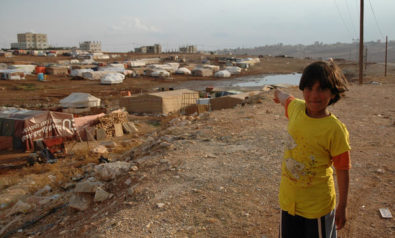
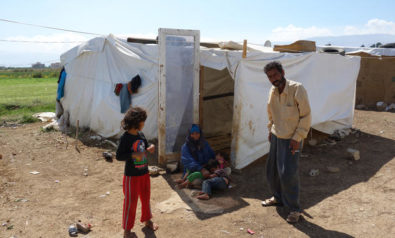
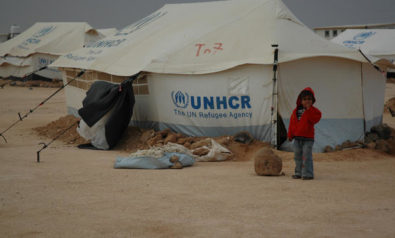

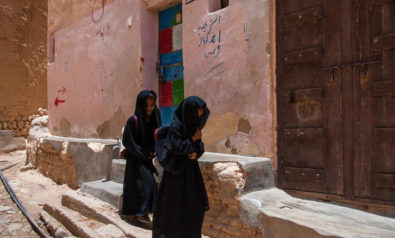

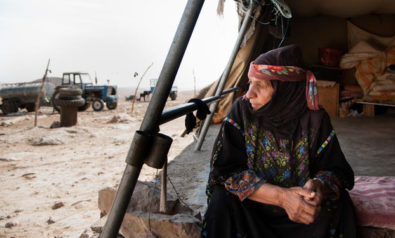




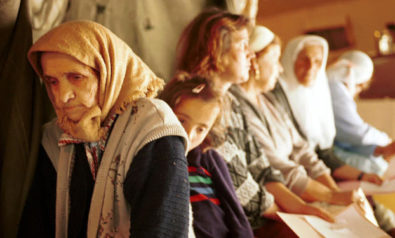
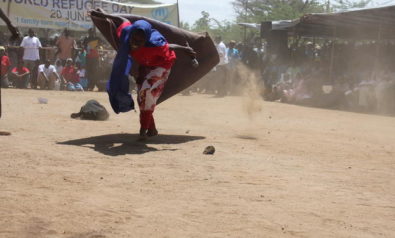
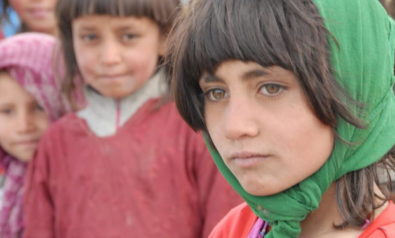

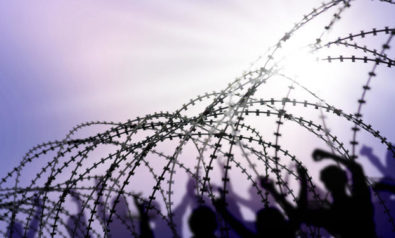
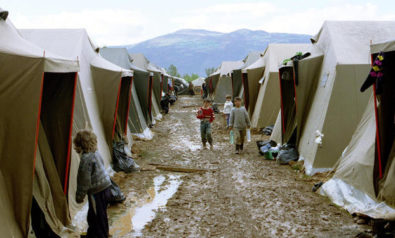
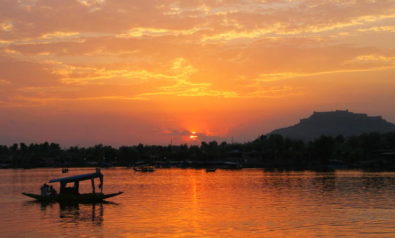
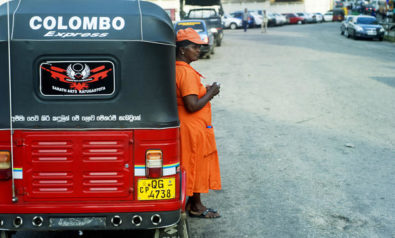



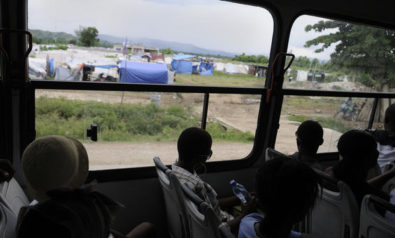
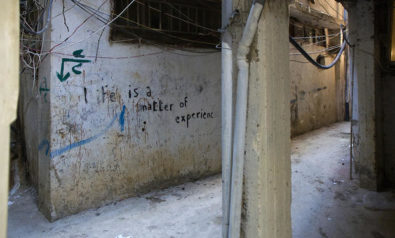
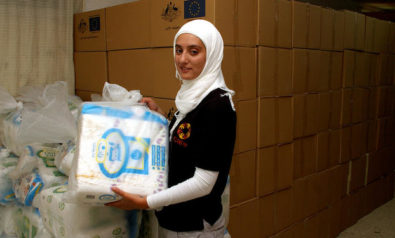
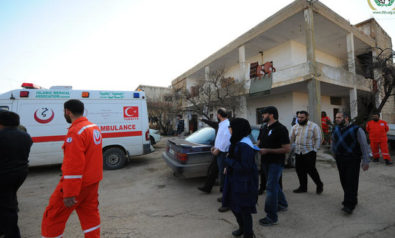

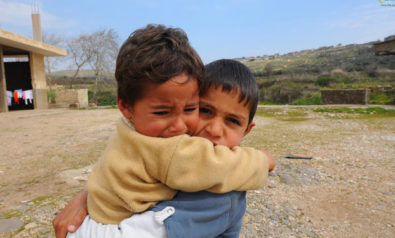
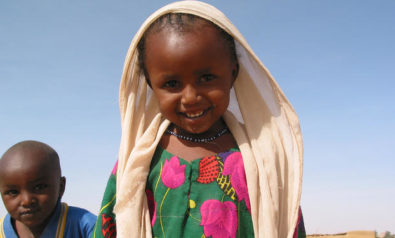

Comment